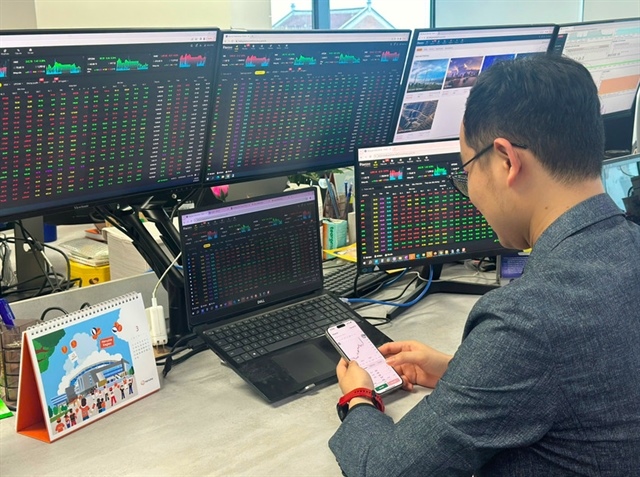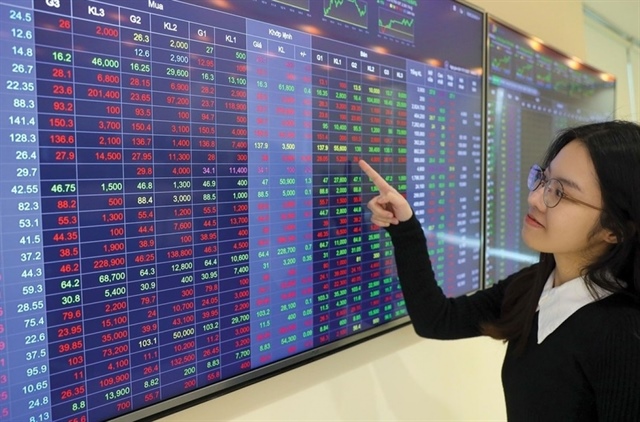Offering more room to foreigners may lead to elimination of big brands
Offering more room to foreigners may lead to elimination of big brands
What will happen if Vietnam allows foreign investors to hold 50 percent or more of listed companies’ shares? The answer is that foreign groups would set one foot on Vietnamese enterprises and then take other steps to take over the enterprises.
The suggestion by the Vietnam Association of Financial Investors (VAFI) to offer more “room” to foreign investors in listed companies to help revive the stock market has been advocated by experts and financial institutions.
However, the proposal has raised a worry that Vietnam may lose its well-known brands forever, if it opens the doors too widely to foreign investors.
A securities brokerage director said in the eyes of foreign investors, Vietnam’s economy, though not being in a big economic crisis like the one which once occurred in Thailand in 1997, would still see a new wave of enterprises takeover.
Rumors have been spread out on the stock market that a lot of big enterprises have sold stakes to foreign investors, which may pave the way for the foreign investors to swallow up the whole businesses in the near future.
Regarding the share sale prices, observers have noted that in the deals, the share prices were much higher than the prices of the same shares available on the Hanoi or HCM City bourses. This makes the sellers think that they could sell their shares at good prices.
VAFI, in its report released just some days ago, also pointed out that there exists the price gap of the unlisted and listed companies’ shares. The association believes that the current regulation on the ceiling foreign ownership ratio in Vietnamese enterprises is the reason behind the paradox that unlisted companies can sell shares at higher prices than listed companies.
VAFI stressed that the problem has hindered Vietnam to call for investment and attract foreign strategic investors. The limited foreign ownership ratio should be seen as the big hindrance that prevents the efforts to change the shareholders’ structure.
However, the above said director said that the shares are not as expensive as people think, if considering the businesses’ long term potentials. The current market prices are just for investors’ reference, while they would consider the business performance and the prospects of the companies when they set prices.
The investors, who plan to take over Vietnamese enterprises would also consider many other things, including the businesses’ brand value, the advantages in the land use and associated agreements.
Securities experts said that in early 2007, when the Vietnamese stock market was in its golden age, a lot of foreign investors accepted to buy shares at the sky high prices of VND300,000-400,000 per share. While Vietnamese investors thought the foreign investors were overcharged, the foreign investors still felt happy with the purchases.
The experts have warned that once Vietnam accepts higher foreign ownership ratio in its businesses, the big enterprises in the most important industries would be the first targets of foreign groups.
For example, if the ceiling foreign ownership ratio is raised to 50 percent, Vinamilk and GAS, the enterprises, where the foreign ownership ratio always hits the ceiling, would become the aiming points of foreign investors. Therefore, the experts have called on management agencies to think carefully before deciding how much room to reserve for foreign investors.
vietnamnet


























